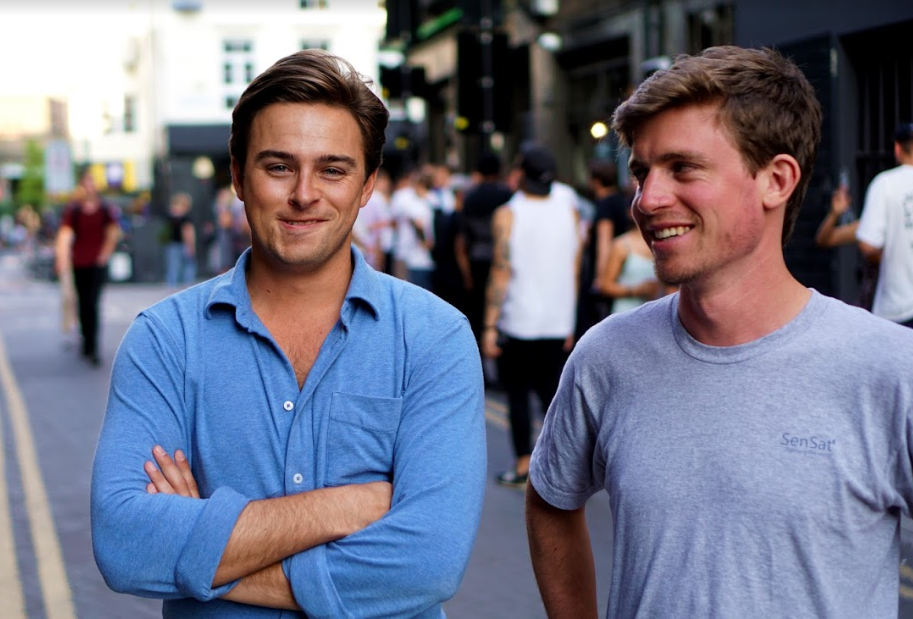
London-based sensat secures about €3. 7 million to further develop its simulated reality technology | eu-startups
- Select a language for the TTS:
- UK English Female
- UK English Male
- US English Female
- US English Male
- Australian Female
- Australian Male
- Language selected: (auto detect) - EN
Play all audios:

SenSat, the London-based tech startup that simulates reality, today announces that it has raised about €3.7 million in seed funding. The round was supported by investors like Force Over
Mass, Round Hill Venture Partners and Zag (the venture arm of global creative agency BBH). The fresh capital will be used to develop SenSat’s technology, including its novel 3D computer
vision workflows and cutting edge dimensional interpolation, both core ingredients for building intelligent simulated realities. The young company is also looking to invest in its San
Francisco office following strong commercial traction throughout 2018. SenSat is on track to achieve 1,300% year on year growth and turned a profit within its first quarter of trading.
Launched in 2017 by founders James Dean (CEO) and Harry Atkinson (Head of Product), SenSat turns complex visual and spatial data into a real time simulated reality that helps computers solve
real world problems. The cloud-based technology allows companies operating in physical domains, such as infrastructure construction, to make more informed decisions based on multiple
variables at large scale and complexity. The SenSat founders call this ‘Visual Intelligence’, a subset of Artificial Intelligence focussed on teaching computers how to understand and
interact with the real world. Since launch SenSat’s simulated reality platform, Mapp®, has supported many civil infrastructure projects for clients such as National Grid and Highways
England. The platform gives a deeper understanding of site workings in an easy-to-use, accessible interface, helping companies track key project variables such as safety and progress. SenSat
already has research streams looking at applications for 5G, where Swiss company U-Blox is using SenSat’s Cambridge City simulated reality to plan cellular mast locations, Autonomous
Vehicles which can use the platform to run millions of hours of driverless simulation in a real-world environment and AR/VR which allows users to quickly create content based on exact
replicas of real world environments. James Dean, the CEO of SenSat, commented: _“We believe that the ability for computers to understand and interact with the real world is the nex tmajor
phase in technology. It will enhance the human experience and change how weunderstandtherealworld, helping us to make better decisions.”_ SenSat CTO Alvin Chua explained: _“The core
technologies we’re building enable many of the emerging technologies of tomorrow. By creating an operating system that allows users to apply our base technology into solving their niche
needs, we create the ability for Mapp® to positively impact any industry that makes critical decisions based upon physical and environmental factors.”_ [embedded content]
